As outdoor enthusiasts, we often find ourselves at the intersection of enjoying nature and preserving it. With the growing environmental consciousness in the apparel industry, Marmot has risen to the challenge by offering sustainable jackets that cater to the eco-conscious adventurer. Known for their high-performance gear, Marmot’s commitment to sustainability ensures that your outdoor adventures don’t come at the expense of the planet. In this article, we explore Marmot’s eco-friendly jacket options and how they’re helping reduce environmental impact without compromising on warmth, durability, or functionality.
Marmot’s Commitment to Sustainability
Marmot has long been at the forefront of sustainable outdoor gear. The company has made significant strides in reducing its carbon footprint, using eco-friendly materials, and adopting sustainable manufacturing processes. Marmot focuses on three key areas to improve sustainability in their jackets:
- Use of Recycled Materials
- Waterproofing Technology with Less Harmful Chemicals
- Long-Lasting Durability
Let’s dive deeper into these sustainable aspects.
Recycled Materials: Keeping Waste Out of Landfills
Marmot is committed to reducing waste by incorporating recycled materials into their jacket designs. Using fabrics made from recycled polyester, nylon, and other materials helps divert waste from landfills and gives them a second life. This also reduces the need for virgin resources, minimizing environmental impact.
Key Recycled Materials in Marmot Jackets:
- Recycled Polyester: Jackets like the PreCip Eco Jacket feature fabric made from 100% recycled polyester. This eco-friendly option provides the same durable, water-resistant protection as traditional polyester, but with a smaller carbon footprint.
- Recycled Nylon: Marmot uses recycled nylon in many of its outdoor jackets, including their insulated models, contributing to the reduction of textile waste.
By incorporating these materials, Marmot not only lessens its environmental impact but also contributes to the global effort to create a more circular economy.
Eco-Friendly Waterproofing: Protecting You and the Environment
A significant challenge in outdoor clothing is finding waterproofing solutions that do not harm the environment. Many traditional waterproofing treatments contain harmful chemicals, such as perfluorinated compounds (PFCs), which can persist in the environment and water systems. Marmot has taken a step forward by adopting safer, more sustainable alternatives for their jackets.
PFC-Free DWR (Durable Water Repellent):
Marmot’s jackets, like the Marmot Alpinist Jacket, feature a PFC-free DWR coating. This treatment keeps water from soaking into the fabric while being much safer for both the wearer and the environment. By eliminating PFCs, Marmot is helping to prevent toxic substances from entering ecosystems, especially in delicate alpine and wilderness areas.
GORE-TEX® with Eco-Friendly Features:
Many Marmot jackets are equipped with GORE-TEX® fabric, which is not only waterproof and breathable but also made with a commitment to sustainability. Marmot’s collaboration with GORE-TEX® ensures that their jackets perform at the highest level while minimizing environmental impact through better production methods and material choices.
Sustainable Insulation: Staying Warm Without Compromising the Planet
When it comes to insulation, Marmot offers innovative, eco-friendly alternatives to traditional down and synthetic fills. Their sustainable insulation options provide warmth and comfort without the environmental concerns associated with conventional materials.
Featherless Insulation:
Marmot’s Featherless Insulation technology is a revolutionary alternative to down. Made from 100% recycled polyester, this insulation mimics the warmth and loft of traditional down but performs better in wet conditions. It’s a great choice for those looking for an animal-free and eco-friendly alternative that still provides excellent warmth and insulation.
Down Defender:
For those who prefer natural down insulation, Marmot’s Down Defender is treated to resist moisture, making it an eco-conscious choice. The down is ethically sourced and treated to retain its insulating properties, even in damp environments. This helps extend the life of the jacket and reduce the need for frequent replacements.
Long-Lasting Durability: Designed to Last, Reducing Waste
Sustainability isn’t just about the materials used—it’s also about how long the product lasts. Marmot jackets are designed for durability, ensuring that your investment in quality gear pays off over many seasons of use. The longer a jacket lasts, the less likely it is to end up in a landfill.
Key Features for Durability:
- Ripstop Fabrics: Many Marmot jackets feature ripstop fabrics, which are resistant to tears and abrasions, making them ideal for rugged outdoor use.
- Reinforced Seams and Zippers: Marmot reinforces areas prone to wear, such as zippers and seams, to enhance durability and reduce the need for repairs or replacements.
By creating jackets that are designed to last, Marmot helps reduce overall consumption and waste, which is a significant part of their sustainability mission.
Eco-Friendly Manufacturing Practices
Marmot’s commitment to sustainability extends beyond just the materials used in their jackets. The company has implemented more sustainable manufacturing practices to further reduce their environmental impact.
- Energy-Efficient Manufacturing: Marmot works with factories that adhere to energy-efficient processes, helping to reduce carbon emissions in the production of their jackets.
- Water Conservation: Marmot has made strides in reducing water usage during manufacturing, a key factor given the large amounts of water traditionally used in the production of outdoor gear.
- Fair Labor Practices: Marmot also ensures that their factories maintain ethical working conditions, ensuring that sustainability includes social responsibility.
Marmot’s Eco-Friendly Jackets to Consider
Here are some of the top eco-friendly Marmot jackets that align with sustainable practices:
- PreCip Eco Jacket: A lightweight, packable rain jacket made with 100% recycled polyester fabric and featuring a PFC-free DWR coating. Ideal for hiking and trekking in wet conditions.
- Alpinist Jacket: A durable, waterproof, and insulated jacket designed for alpine environments, featuring eco-friendly GORE-TEX® fabric and responsible down insulation.
- Featherless Jacket: A synthetic down alternative jacket, filled with recycled polyester insulation for excellent warmth in cold, wet conditions.
- Tullus Jacket: An insulated, weather-resistant jacket made with recycled materials and featuring sustainable insulation technology.
Conclusion: A Greener Future for Outdoor Gear
Marmot jackets offer eco-friendly options for outdoor lovers who are passionate about protecting the planet while still enjoying their favorite outdoor activities. From recycled materials and PFC-free waterproofing to innovative insulation technologies, Marmot’s commitment to sustainability makes it easier for adventurers to make a positive impact on the environment without compromising on performance. By choosing Marmot, you’re not only investing in high-quality outdoor gear but also supporting a brand that’s committed to a greener, more sustainable future.
For the environmentally conscious outdoor enthusiast, Marmot jackets provide the perfect blend of performance, durability, and eco-friendliness, making them a top choice for those who care about both their adventures and the planet.
-
 Satin Designer Bomber Jacket$448
Satin Designer Bomber Jacket$448 -
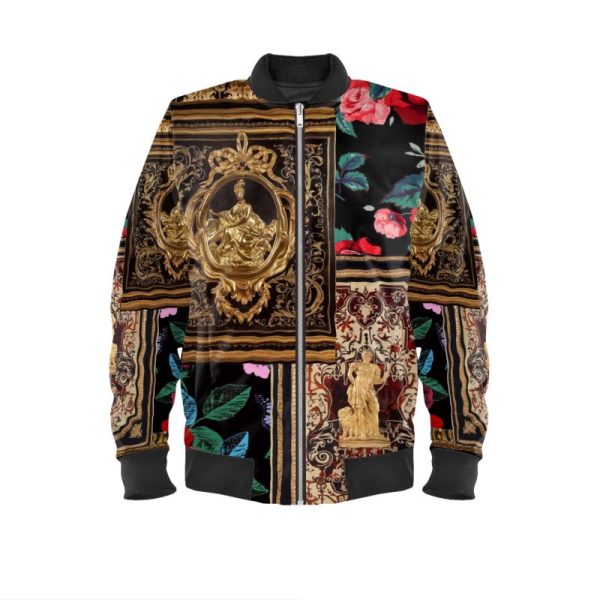 Satin Designer Bomber Jacket$448
Satin Designer Bomber Jacket$448 -
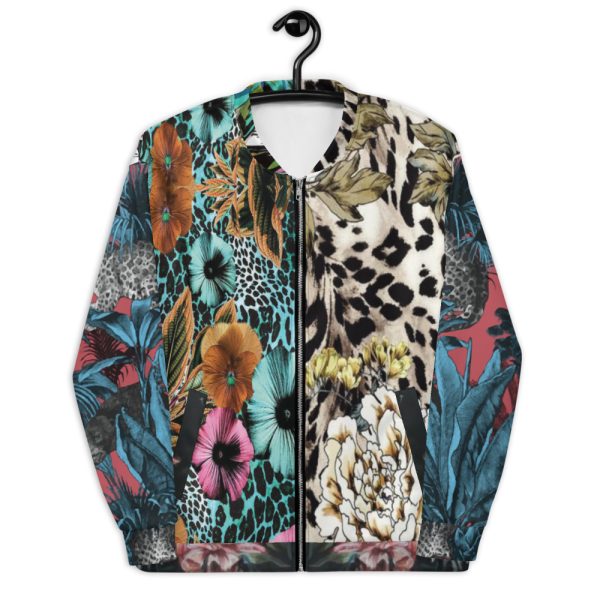 Bomber Jacket | Designer Luxury For Women & Men | Navy Blue Floral Red Turquoise$158
Bomber Jacket | Designer Luxury For Women & Men | Navy Blue Floral Red Turquoise$158 -
 Bomber Jacket | Designer Luxury For Women & Men | White Gold$158
Bomber Jacket | Designer Luxury For Women & Men | White Gold$158 -
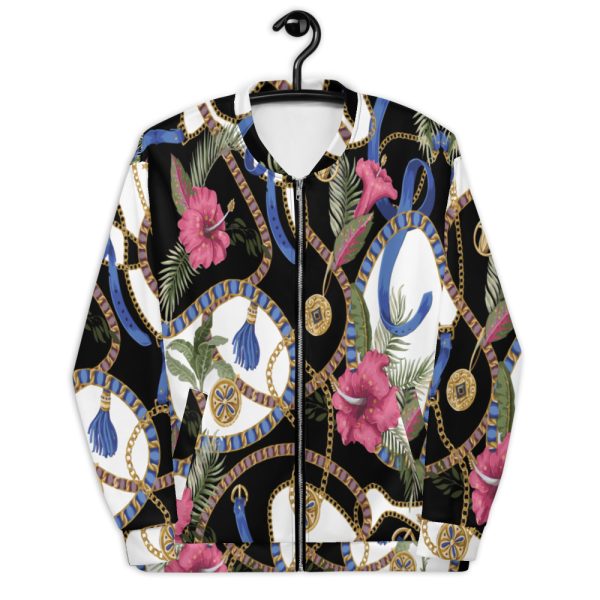 Bomber Jacket | Designer Luxury For Women & Men | Floral White Black$158
Bomber Jacket | Designer Luxury For Women & Men | Floral White Black$158 -
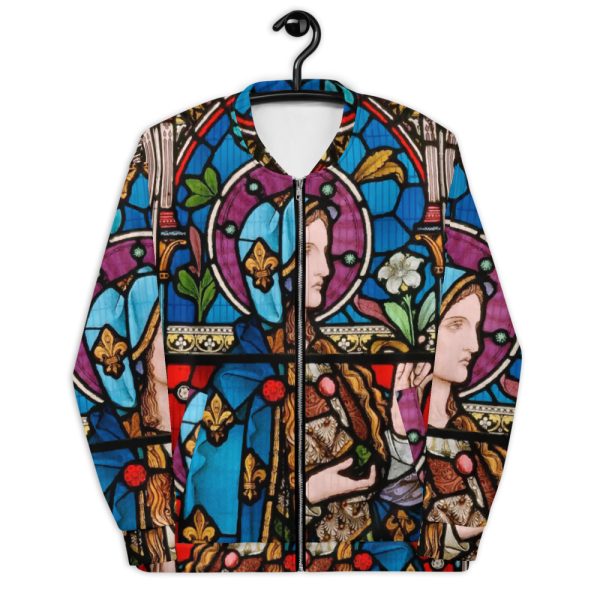 Bomber Jacket | Designer Luxury For Women & Men | Blue Purple Gold$158
Bomber Jacket | Designer Luxury For Women & Men | Blue Purple Gold$158 -
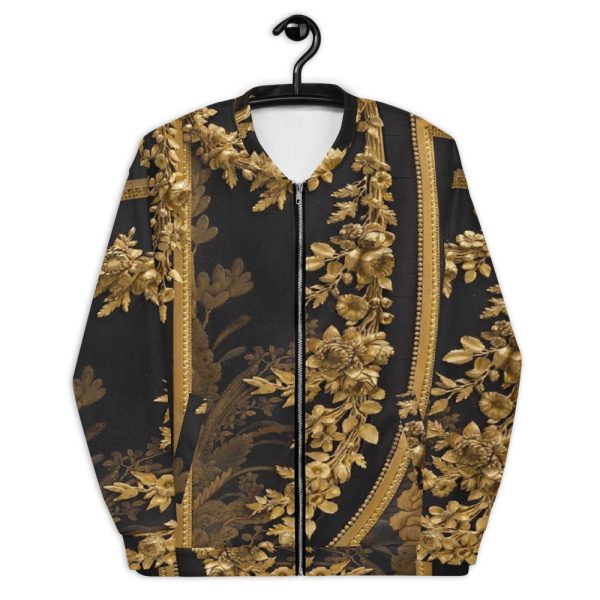 Bomber Jacket | Designer Luxury For Men & Women | Black Gold Baroque$158
Bomber Jacket | Designer Luxury For Men & Women | Black Gold Baroque$158 -
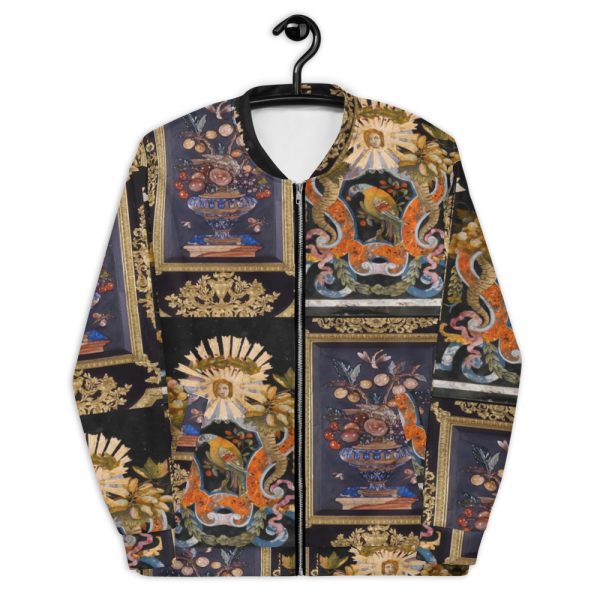 Bomber Jacket | Designer Luxury For Women & Men | Black Gold$158
Bomber Jacket | Designer Luxury For Women & Men | Black Gold$158 -
 Bomber Jacket | Designer Luxury For Women & Men | Gold$158
Bomber Jacket | Designer Luxury For Women & Men | Gold$158